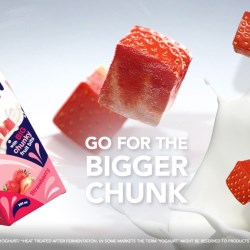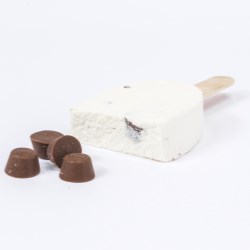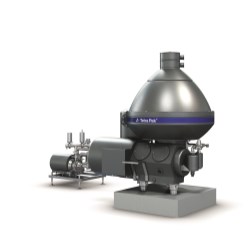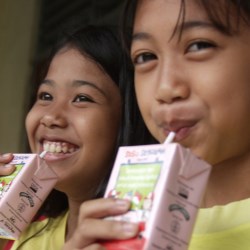If this is your company, CONTACT US to activate Packbase™ software to build your portal.


- State-of-the-art line at Stora Enso’s Polish production site is set to triple the country’s annual recycling capacity of post-consumer beverage cartons
- Potential to recycle the entire volume of beverage cartons sold in Poland, with additional volumes from Central and Eastern Europe
- By turning used paper-based packaging into new paper-based packaging materials, the line is keeping quality resources in circulation, reducing the use of virgin content
With a joint investment of around €29 million by Tetra Pak and Stora Enso, a new recycling line for post-consumer beverage cartons is starting operations in Poland. The line has the potential to triple the annual recycling capacity of beverage cartons in the country - from 25,000 to 75,000 tonnes – and provides scope to absorb the entire volume of beverage cartons sold in Poland, as well as additional volumes from neighbouring countries, including the Czech Republic, Hungary, Slovakia, Latvia, Estonia and Lithuania.
Featuring an annual capacity of 50,000 tonnes, the state-of-the-art line at Stora Enso’s production unit in Ostrołęka (Poland) handles solely beverage carton material separation, detaching fibres from polymers and aluminium. The fibres are then recycled into cardboard materials, effectively contributing to material circularity by turning used paper-based packaging into new paper-based packaging materials. This new paper recycling facility is complemented by Czech company Plastigram Industries, that, together with Tetra Pak, is industrialising a solution to recycle polyAl1 into new products.
“For decades, we have been working to enhance beverage carton recycling capacity, co-investing with recyclers, technology providers and suppliers in new equipment and facilities” comments Lars Holmquist, EVP Sustainability & Communications at Tetra Pak. “In 2022, Tetra Pak contributed nearly €30 million2 to collection and recycling projects worldwide, with plans to go further and invest up to €40 million annually over the next years. As part of the Alliance for Beverage Cartons and the Environment (ACE), we support the industry ambition to increase the collection for recycling rate of beverage cartons to 90% and the recycling rate to 70%, in the EU, by 2030. I am very pleased to see that our collaboration with Stora Enso translates into one of the largest recycling hubs for beverage cartons in Europe, contributing to this ambition. This is also an excellent example of how systemic and collective actions can help keep quality renewable materials in the loop - like paper fibres from recycled cartons.”
“We are very pleased to see the results of our close cooperation with Tetra Pak, who, like Stora Enso, has the development of sustainable solutions at their core. This new modern solution marks a significant addition to European recycling capacity and a concrete step forward in the circularity of consumer packaging. In addition to complementing the current scope of our production site in Poland, the recycling facility will significantly contribute towards the recycling and waste reduction goals of the EU’s proposal for a Packaging and Packaging Waste Regulation,” says Hannu Kasurinen, EVP Packaging Materials at Stora Enso.
The new line is set to ramp up recycling of beverage cartons throughout Central and Eastern Europe, signaling the beverage carton industry’s willingness to support the circularity goals of the proposed EU Packaging and Packaging Waste Regulation (PPWR), and showcasing the pivotal role of recycling in helping the green transition of the food packaging sector. The industry has already invested approximately €200 million to increase the capacity for beverage carton recycling in the EU and plans to invest a further €120 million by 2027.3
1 The non-fibre component of carton packages is known as polyAl, which designates the layers of polyolefins and aluminium being used as barrier against oxygen and humidity to protect the food content in aseptic carton packages.
2 Both OPEX and CAPEX investments
3 https://www.beveragecarton.eu/wp-content/uploads/2022/03/ACE-Impact-assessment-study-of-an-EU-wide-collection-for-recycling-target-of-beverage-cartons-Roland-Berger.pdf


.png)


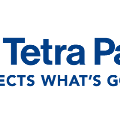
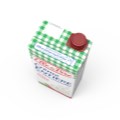
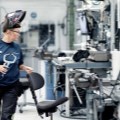
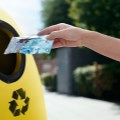


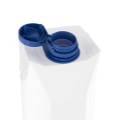
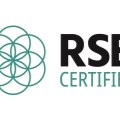





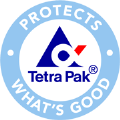
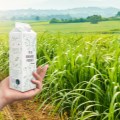
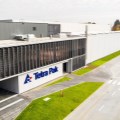
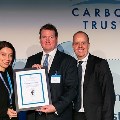

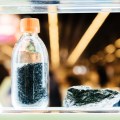



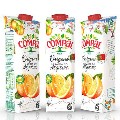

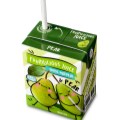
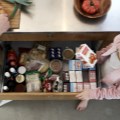

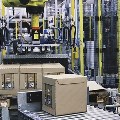




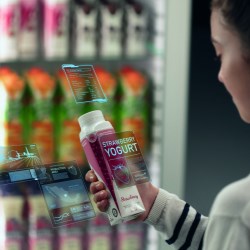
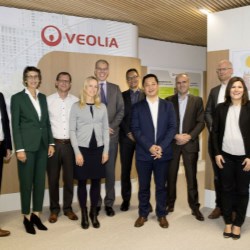

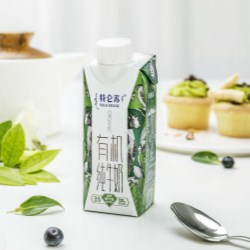


.jpg)
